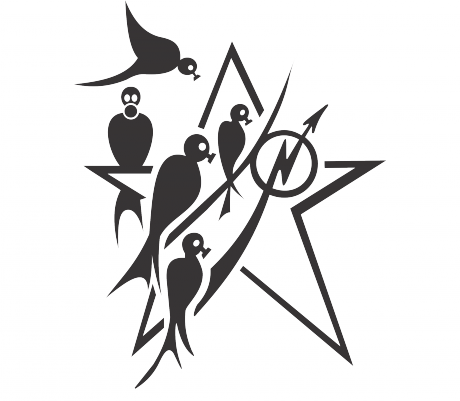The past and present of Prosfygika shows the struggle of the workers and the persecuted. Those who have never found solid ground to stand on, and those who never ceased to fight. One can hear the ringing of guerilla machine guns and the guerrilla riders that sound from home to house through bullet holes that punctured the walls during the December uprising. Nights are filled with the screams of the tormented political prisoners of Averoff Prison and the cry of the ruins of demolished buildings. We are suffocating today, with the new tyranny imposed on us and the threat of violence and barbarity expressed by the two symbolic monsters of sovereign power, the gangs of violence and repression that lay siege to us: GADA and the Court of Appeals
In Prosfygika, Ave Alexandras, there are currently more than five hundred people ifrom every manifestation of the oppressed class: Refugees, immigrants, families with their children, the elderly, the sick, formerly homeless, political fighters, addicts, those dependent to the ELPIS hospital, and people of every nationality or religion. It is a multinational mosaic of the communities of the world’s most rebellious and plundered of peoples. People who have experienced capitalist war, displacement and torture, poverty and misery, persecution and hunger.
Our narrative about the neighborhood of Prosfygika speaks to the struggle for survival and dignity, for solidarity and companionship, for self-organization, equality and social struggle, for interracial and inter-religious coexistence in times of poverty and social cannibalism. A social and cultural workshop of self-esteem and community that continues to remain with those who built it, immigrants, refugees and opponents of capitalist barbarism. It talks about the smiles of dozens of children playing in the streets of the neighborhood, collective kitchens and self-organized production and self-education structures, social and political actions, care for the sick and the weak, maintenance work, with meager means, a place that concentrates memories of struggles of the working class over the past eighty years.


